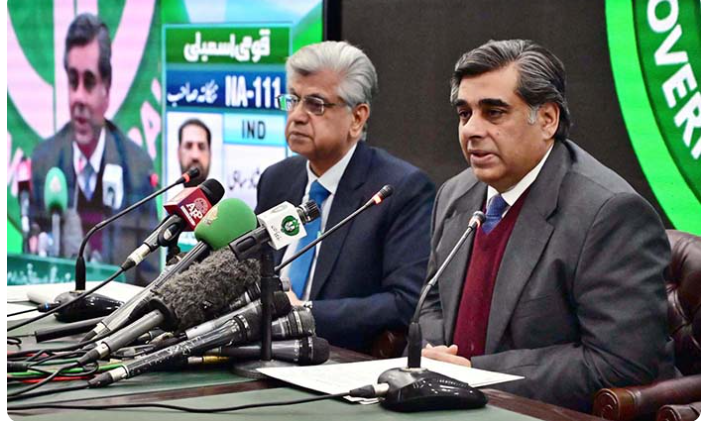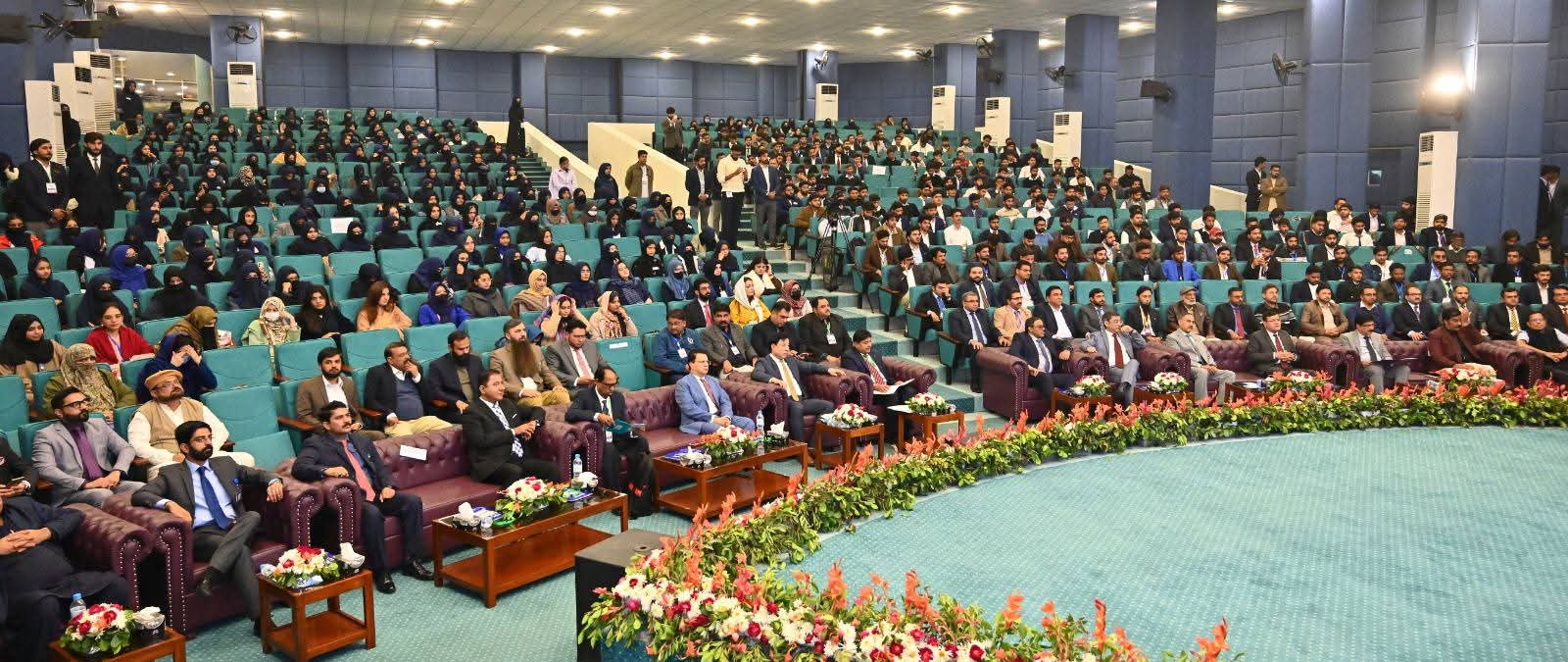𝗛𝗘𝗖 𝗖𝗹𝗮𝗿𝗶𝗳𝗶𝗲𝘀 𝗠𝗶𝘀𝗹𝗲𝗮𝗱𝗶𝗻𝗴 𝗡𝗲𝘄𝘀 𝗼𝗻 𝗨𝗿𝗱𝘂 𝗮𝘀 𝗖𝗼𝗺𝗽𝘂𝗹𝘀𝗼𝗿𝘆 𝗦𝘂𝗯𝗷𝗲𝗰𝘁 𝗮𝘁 𝗨𝗻𝗱𝗲𝗿𝗴𝗿𝗮𝗱𝘂𝗮𝘁𝗲 𝗟𝗲𝘃𝗲𝗹
Islamabad, September 26, 2024: A misleading news has been published regarding exclusion of Urdu as a compulsory subject at the undergraduate level. It is clarified that Urdu has never been a compulsory subject in the undergraduate level. However, the subject is taught at levels up-to secondary higher education i.e., intermediate / equivalent, which is still intact.
Moreover, it is clarified that while formulation of the HEC Undergraduate Education Policy V 1.1. (2023), all key stakeholders were consulted and the policy was finalized accordingly. It should also be noted that at undergraduate level, a full-fledged specialized degree programme in the discipline of Urdu is offered for which a curriculum has been developed by HEC and is available at HEC website. The minimum requirement for the general education component is 32 credits in all the undergraduate degree programmes including the Associate Degrees. As far as the optional subjects are concerned, the universities may add more courses as and when required including Urdu for which there is not restriction from HEC.
The primary objective of the policy is to promote student learning, which is envisioned as the ability to comprehend and apply conceptual knowledge, acquire professional skills and competencies, and act as an individual with strong civic and ethical values of tolerance and inclusivity. The Higher Education Commission (HEC) remains committed to supporting universities in ensuring that the education imparted at the undergraduate level meets international standards while remaining relevant to the needs of the country.



